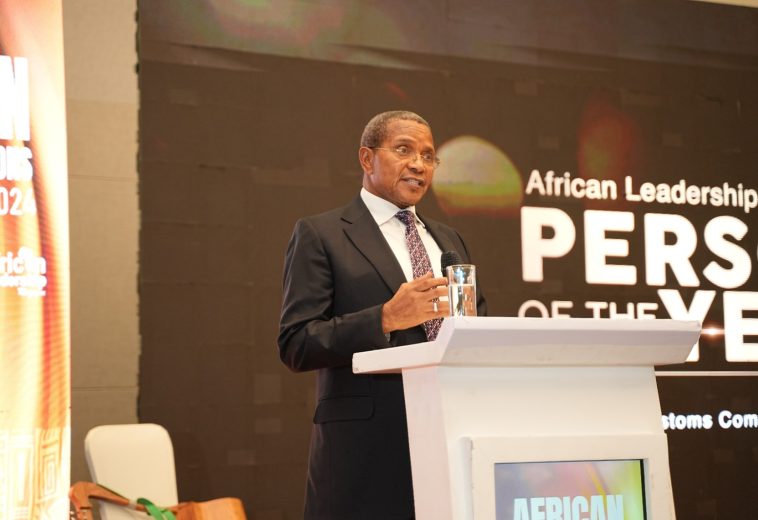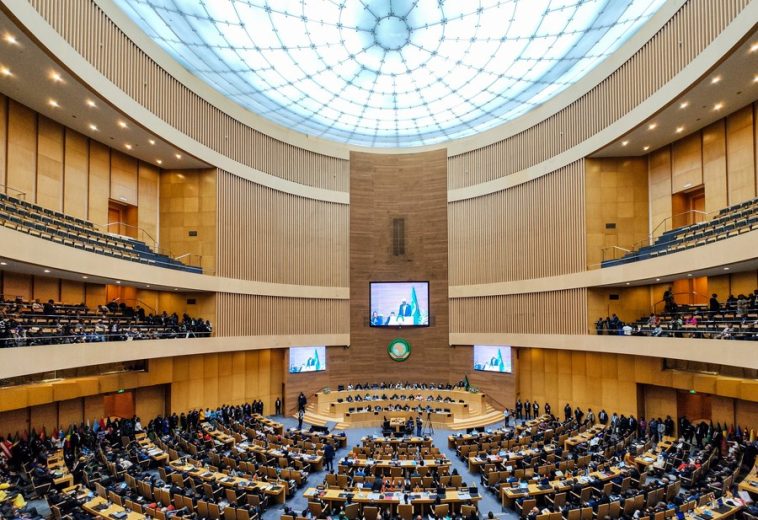The connections between Africa and the Caribbean are entrenched in a shared history, culture, and a sense of common identity. The historical and cultural ties between Africa and the Caribbean have deep roots that stretch across centuries, forged through the harrowing experiences of the transatlantic slave trade. As we revisit this complex relationship, it becomes apparent that the connections between these regions have evolved and flourished in multifaceted ways.
Commencing in 1502, the triangular slave trade forcibly transported over 10 million Africans from Africa to the New World, establishing a new development model and global trade system based on categorizing slaves and utilizing their labor on agricultural plantations. This trade led to the formation of significant African diaspora communities in the Caribbean, Latin America, the USA, and Europe over four centuries.
The transatlantic slave trade, which forcibly displaced millions of Africans to the Caribbean, laid the foundation for a complex and enduring relationship. The echoes of this painful history resonate through the cultural, social, and economic fabric of both regions. Despite the brutality of the past, the African diaspora in the Caribbean has become evidence of the resilience and the tenacity of cultural identity.
One significant aspect of this relationship is the preservation and enrichment of African cultural elements within Caribbean societies. From music and dance to language and spirituality, the rich and diverse traditions of Africa have found a home in the Caribbean. The colours of traditional African clothing are reflected in the vibrant carnivals and festivals celebrated across the Caribbean. We can see the African influence in the religious practices that have taken root in the Caribbean. From the widespread presence of African-derived religions like Vodou in Haiti and Santería in Cuba to the incorporation of African spiritual beliefs in various forms, the Caribbean showcases faith that intertwines African heritage with local adaptations.
Several decades later, there has been a conscious effort to strengthen the ties between Africa and the Caribbean on both diplomatic and economic fronts. Countries in the Caribbean have sought to deepen their engagement with African nations, recognizing the shared history and potential for mutual growth. This rekindling of connections goes beyond mere symbolism, aiming to foster collaboration in trade, education, and cultural exchange. The recognition of a shared history has also led to efforts to address the legacies of slavery and promote social justice. Calls for reparations and acknowledgment of historical wrongs are gaining momentum, with activists and scholars advocating for a more comprehensive understanding of the impact of the transatlantic slave trade on both Africa and the Caribbean.
Economic and societal modernization has reshaped Caribbean and African interests and alliances, necessitating a reset in relations. The early struggles against colonialism, apartheid, and civil rights spurred the formation of the Pan-African Movement in the first half of the 20th century. This marked a period of unity around a common agenda for decolonization and racial equality. However, the current relationship appears fragmented and ad hoc, possibly due to changing priorities, emerging alliances, and shifts in global power structures.
Despite challenges within multilateral frameworks, there is a need for structured meetings and summits between African and Caribbean leaders. Focusing on joint development cooperation and collaboration on the global stage, such summits could revitalize the relationship and provide a framework for reporting on actions taken. A joint African-Caribbean program on the international stage could address issues such as climate change, global financial systems, international trade, health, and sustainable development.
Additionally, supporting the political influence of the diaspora in their respective regions could enhance the relationship’s significance. Leveraging their sheer numbers in multilateral groupings, Africa and the Caribbean can shape and influence global debates, aided by a more politicized diaspora. The potential for development cooperation and economic growth is substantial if both regions commit to a comprehensive and reliable approach to relationship building.
As we revisit the African relationship with the Caribbeans, it is essential to appreciate the resilience and creativity that has emerged from the adversity of the past. The ongoing dialogue and collaboration between these regions hold the promise of a future where the shared heritage is celebrated, and the wounds of history are acknowledged and healed. This renewed connection invites us to reflect on the enduring bonds that transcend time and geography, linking the destinies of Africa and the Caribbean in a shared narrative of strength, survival, and cultural richness. The spirit of the Pan-African Movement calls for it, and the future demands it.


